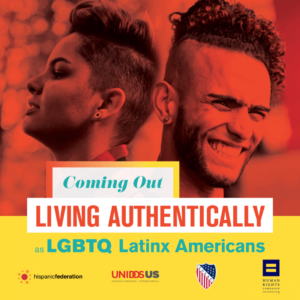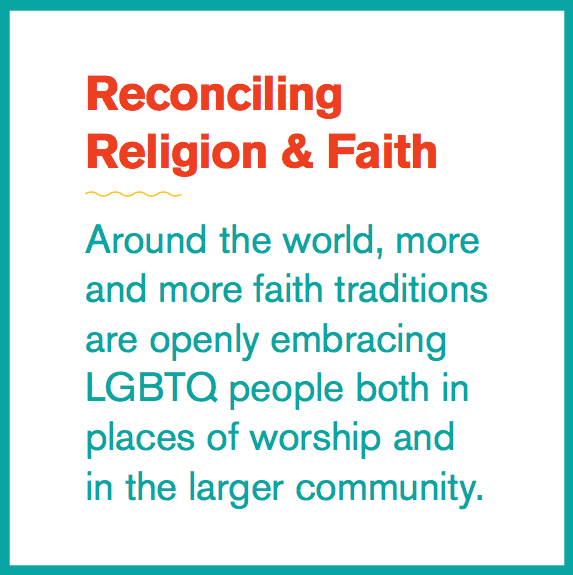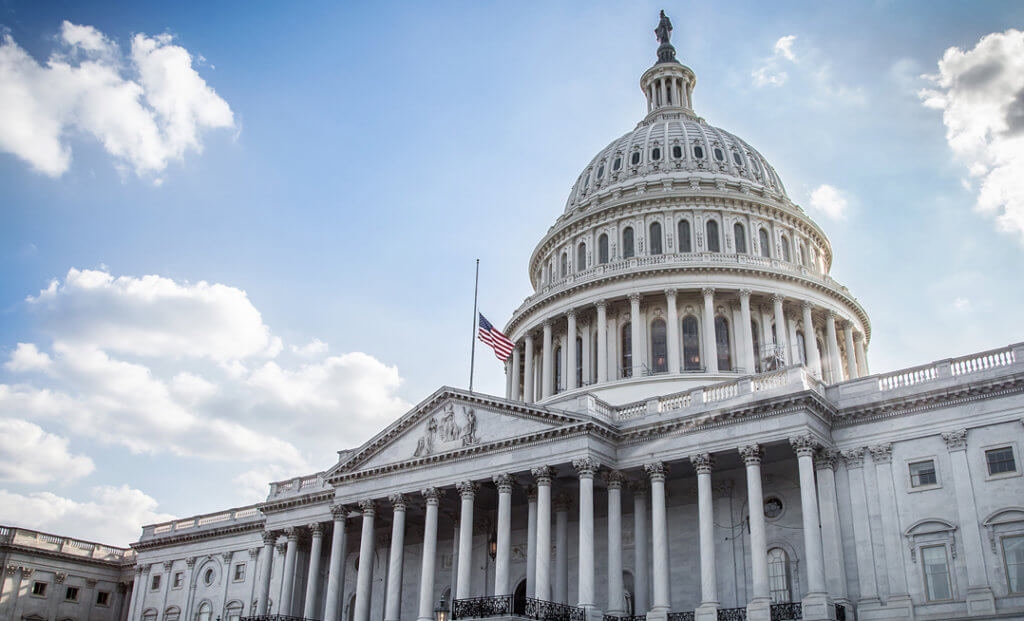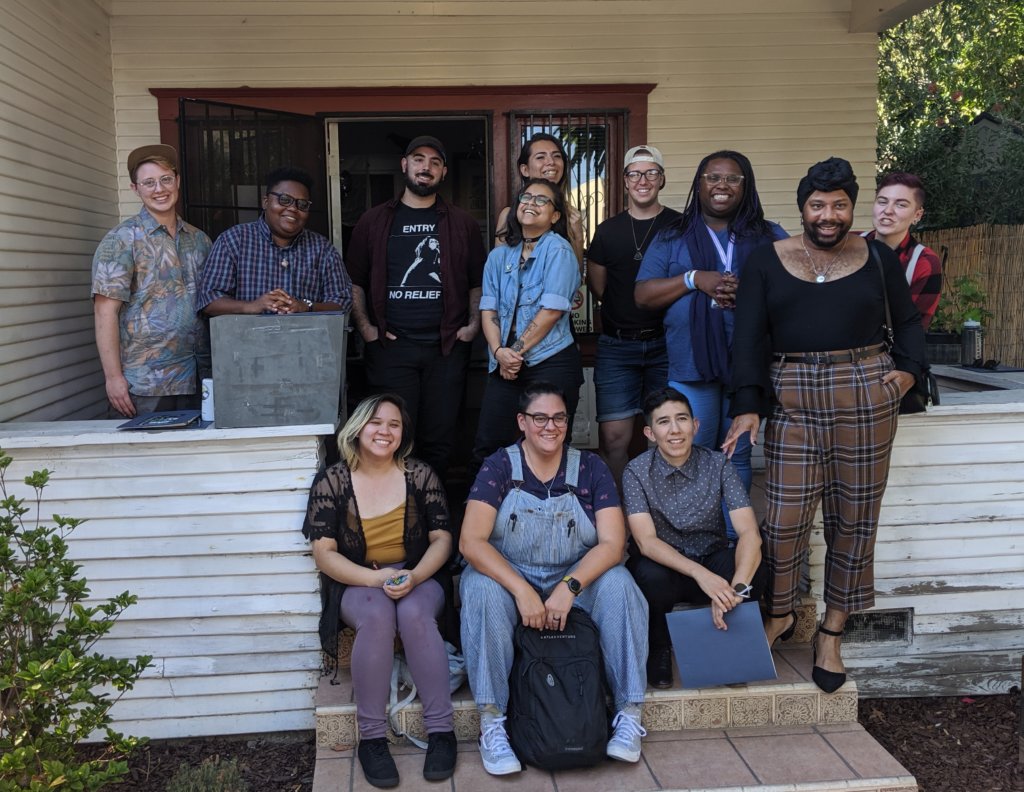Shedding light on the diversity and challenges of the LGBTQ Latinx experience

By Stephanie Presch, Content Specialist, UnidosUS
Coming out. Salir del closet. It’s a small phrase that represents a huge change.
There are more proud LGBTQ Latinx icons and changemakers raising their voices than ever before—from pop star Ricky Martin and actress Michelle Rodriguez to Texas lawmaker Mary Edna Gonzalez and federal judge Nitza Quinones Alejandro. But a Human Rights Campaign’s 2018 Latinx LGBTQ Youth Report shows that the process is still difficult for Latinx youth, who face unique challenges.
Coming out is a personal choice, and it’s always important to assess whether one’s circumstances will provide a safe and supportive environment to do so. There’s no singular LGBTQ coming out story or singular Latinx experience, but this research identifies common challenges and suggests culturally based approaches to support LGBTQ youth.

As the Trump administration takes a punitive stance on immigration, stokes fear about the undocumented, and has attempted to roll back protections for gender orientationand loosen laws protecting people from sexual harassment and assault, Latinx LGBTQ students are especially vulnerable right now.
There are also an estimated 190,000 undocumented LGBTQ Latinx immigrants living in the United States. Among them are an estimated 75,000 LGBTQ DREAMers, 36,000 of whom have participated in the Deferred Action for Childhood Arrivals (DACA) program. Deportation—even for DACA recipients, who have faced hostility from the Trump administration as they’ve sought to end the program—is a very real and ever-present danger. At the same time, LGBTQ people—especially people of color—face higher rates of sexual assault than heterosexual people, especially ones who are White.
To respond to this need, UnidosUS partnered with the HRC Foundation and others on Coming Out: Living Authentically as LGBTQ Latinx Americans, the first of a series of publications addressing the LGBTQ experience from a Latinx perspective. This report explores the unique needs and experiences of Latinx people, in addition to providing guidance to help families support their LGBTQ loved ones. It also includes resources for people who face harassment or fear for their safety because of their sexual orientation or gender identity.
Read the rest of the article on Progress Report, our new education-focused blog. Click here


